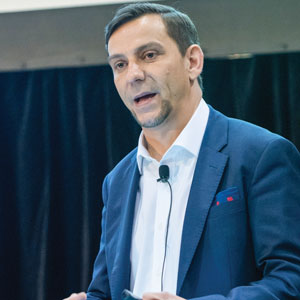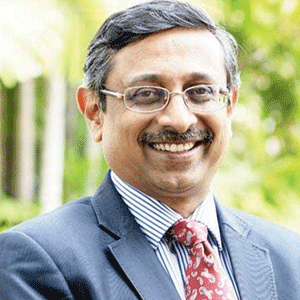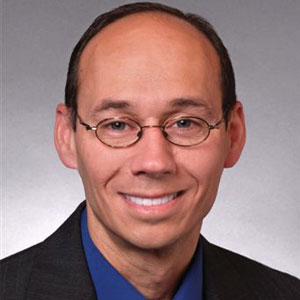THANK YOU FOR SUBSCRIBING

Why we're Failing Our Employees - The Millennial Conundrum
Marc Havercroft, COO & VP Strategy - HCM Cloud & Digital Strategy and Transformation, SAP


Marc Havercroft, COO & VP Strategy - HCM Cloud & Digital Strategy and Transformation, SAP
I don’t care what millennials need in the workplace – and you shouldn’t either.
It seems controversial because discussing and responding to the needs of this generation is very much in vogue right now. Their needs, their faults and the challenges of engaging them are picked over and over, especially as they relate to the workforce.
After all, what really distinguishes them? Yes, millennials grew up alongside the evolution of the computing age. They are the first generation to have edited school assignments digitally rather than a pen and paper. They are computer literate by default and their brains are wired to find efficiency.
We also hear consistently this demographic are hard to attract to a business and, once they’re there, difficult to keep. Some might even be considered narcissistic, entitled and unprepared for work. In HR, we’re pushed to equating an entire rung of the corporate ladder as being difficult to manage.
But complaining millennials are innately different from the rest of the workforce is not the answer - because they aren’t.
People want to do their jobs faster, and they want to feel that they are progressing faster
There are up to five generations in businesses now—millennials are no longer even your youngest employees. If you were to survey your employees and ask how many have Facebook, the answer would be resounding—almost all would.
Today, digital doesn’t belong to any age group. Increasingly, we all expect instant gratification and it’s a shift that has radiated into the workplace.
People want to do their jobs faster, and they want to feel that they are progressing faster. It’s time HR adopt practices to address this demand.
This means abandoning antiquated ideas such as the annual review and instead moving to a model that works in the digital age. Continuous performance management enhances annual appraisal by having employees’ contributions reviewed consistently and using software to integrate it into ordinary working models.
In practice, this allows HR to have oversight on how the businesses and its employees are operating to ensure it is optimised for all, not just one demographic. It’s also increasingly important to change the way we look at our workforce, with Australia looking down the barrel of an aging population.
Our economy depends on looking at how we can build mechanisms into workplace policies to allow these people to work longer in ways that suit them. This can be part-time work, agile environments and even the ability to work from home.
If we continue the current trend of focusing on millennials, rather than working on the shared demands of all, we risk losing the invaluable experience all generations offer. It’s why we have to engage all employees, even outside the millennial age bracket.
Yes, millennials have unique perspectives; yes, their expectations are influenced by the digital world. But they also entered your doors as workers and expect to see the same opportunities they have extended to everyone else.
Weekly Brief
I agree We use cookies on this website to enhance your user experience. By clicking any link on this page you are giving your consent for us to set cookies. More info
Read Also













